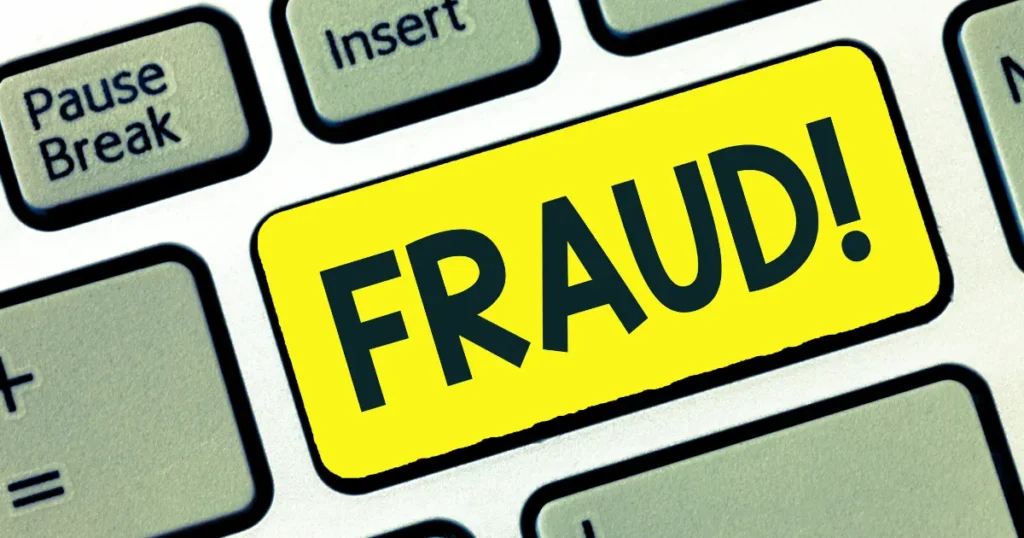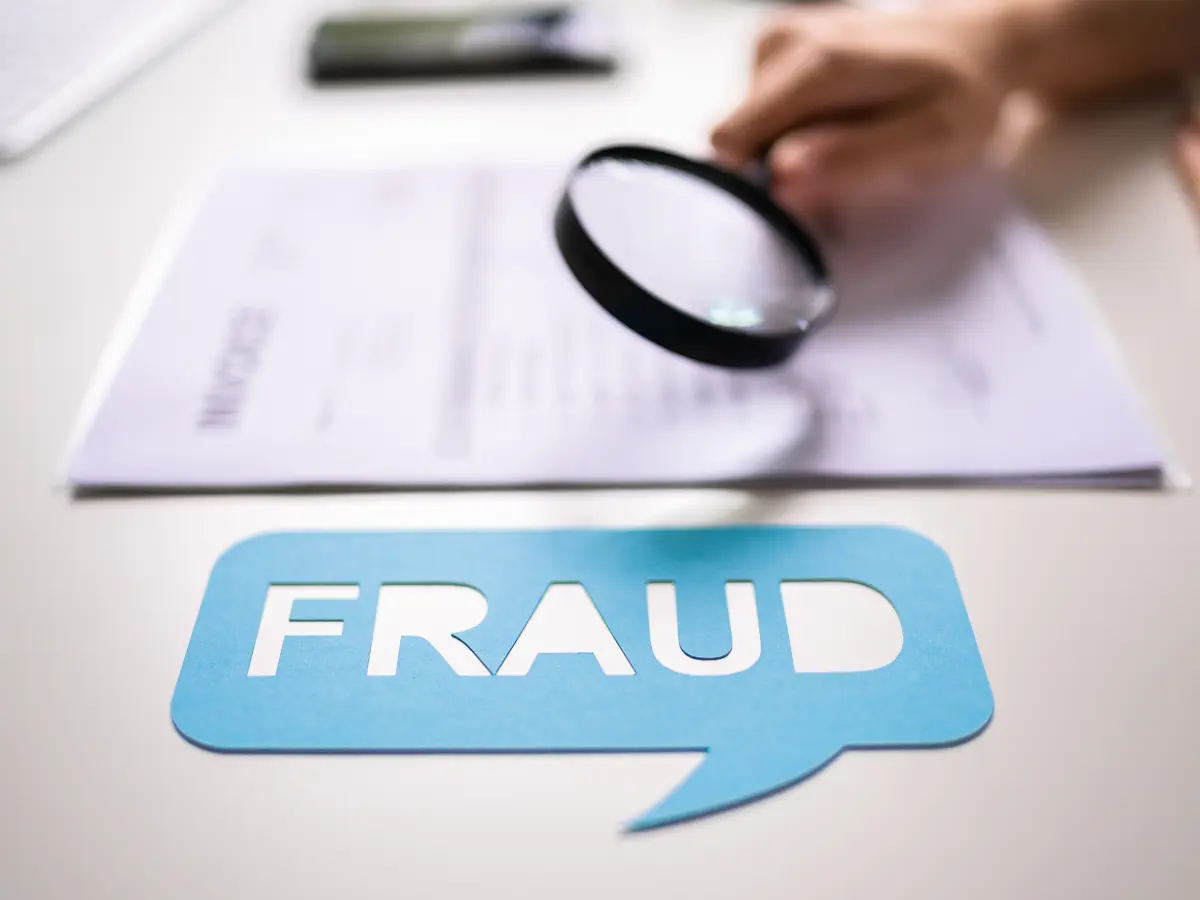Internet fraud has existed since the start of e-commerce trade in the late 90s. At that time, the person committing the crime uses the identity of a prominent person to fraud big companies. Awareness about internet fraud, data protection and compliance follows almost immediately. The Big companies were all on alert and their guards up.
However, the struggles never ended, and now internet fraud is as prominent among small businesses as it is among top firms. A recent study from Accenture, as referenced by the US Small Business Administration, shows that only 43% of cyberattacks target small businesses.
So, let’s dig into this. What are the threats of internet fraud? How does internet fraud affect your Small business? Are there strategies on how to protect your small business from internet fraud? Continue reading to get answers to these questions.
The Growing Threat of Internet Fraud
First off, what is internet fraud? Internet fraud, often called Internet scams, is using online software or services to exploit an individual or company, the victim. Generally, internet fraud covers any form of criminal activity that occurs over the internet. Examples of internet fraud include crimes like identity theft, hacking, phishing, etc.
Internet fraud is a punishable offence under several federal laws across different countries. There is EFCC in Nigeria, the Department of Justice in the US, NC4 in Kenya and the Tanzania Communications Regulatory Authority (TCRA). Despite all these regulations, internet fraud is still a growing threat.
As businesses, small, mid-sized or big, try to break into the internet for obvious reasons, they are also open to several forms of threats. For instance, there was false news this year about UNICEF running a cash promotion through mobile money in Tanzania, Kenya and Uganda. A Nigerian in the UK also hacked the accounts of several people and real estate businesses, swapped their account details with his and received their money into his account. A US attorney also said, “Case is a stark warning to businesses, particularly small businesses often lacking robust cybersecurity measures.”

Internet fraud can specifically affect small businesses in several ways. Importantly, this fraud leads to financial losses and a damaged reputation (a bad scenario for a rising business). The effect of financial losses can lead to operational disruptions and even severe legal consequences to the company.
Common Types of Internet Fraud Targeting Small Businesses
The first step in winning against the increasing internet fraud against small businesses is to be aware of what you are against. Here are some common types of internet fraud targeting small businesses:
Phishing Scams
This is a type of online fraud where internet fraudsters use fake emails, websites, sms or even phone calls to trick people into sharing their personal information. For instance, you can receive a call from an unknown source claiming that your business account is having certain issues and they need your attention to fix it. They’ll often tell you not to bother coming to their office and simply provide certain information. This information will then be used to defraud you. You can read about a recent phishing case on Technica.
Ransomware Attacks
A ransomware attack is another type of internet fraud that is a growing threat among small businesses. Cybercriminals use malicious software to lock a victim’s computer data and ask for a ransom in exchange for their data. According to a survey by Hornet Security for Q3 2024, nearly 56% of all the ransomware attacks impacted small businesses. 1 in 5 of these businesses paid the ransom to recover their data – 22% higher than the average. The reason isn’t far-fetched but most of the small businesses aren’t prepared for the attacks that come with it.
Invoice and Payment Fraud
Another common type of internet fraud against small businesses is invoice and payment fraud. This is a well-coordinated type of fraud where online scammers defraud a business into paying an invoice into a fake account or completely falsifying the invoice. In 2023, Irish SMEs lost €10 m to invoice and payment fraud. Also in Australia, a small business narrowly escaped being scammed of almost $940,000 by a single payment redirection scam. It is thus very important to always double-check invoices before making payments.
Business Email Compromise (BEC)
Lastly, we have the BEC. Business Email Compromise is a type of internet fraud where a scammer impersonates a trusted person with a company. This can be a staff or a business partner and the goal is to ask for certain payments or sensitive information. It’s simply leveraging social engineering to gain trust and explore vulnerabilities with a firm. BEC is a serious crime that has cost a lot of people over the years. You can check out what Tripwire has to say about over 55bn lost worldwide in the last 10 years to BEC.
How Johan Consults Protects Small Businesses

Internet fraud is a dynamic game and is even considered the biggest game of all time, bigger than sport. Thus, someone familiar with the game must help you in winning. At Johan Consults, we have a dedicated team of experienced cybersecurity professionals who can help secure your business against any threats. We are a leading data security firm with operations all over the world.
At Johan Consults, we can also help you in training your team to recognize internet fraud tactics. We provide training on GDPR, KDPR, NDPR, ISO, DPO, DPCO and advanced masterclass training.
You can read to learn more about ISO training.
How do I Protect My Business from Internet Fraud
If you are looking for a way to step in yourself, there are a few things you can do. Firstly, you must monitor and audit. It is important to regularly check for any unusual activities. Even when you’re trained to spot certain odd gestures immediately, there is still a need to do regular checks. This will help you spot misappropriations that are just creeping in, lapses from your employees, and oversights.
Secondly, in the case of ransomware, you can purchase a strong antivirus to install on all your work devices. This also means that your employees must not be allowed to handle certain sensitive activities on their personal computers. If you want to control cost then you can make most of your business activities analogue and allow for a central computer where all digital operations occur. But this can affect your efficiency and you might have to change this as you grow.
Another thing small business owners can do against internet fraud is to ensure secure payment systems. By setting strong password policies and multi-factor authentication (MFA), you can create a secure parameter around how financial operations are handled. You can set payment passes on different levels and allow more than a single person to give such a pass.
You can also use Firewalls and encryption and regularly back up data. You can also consider having a disaster recovery plan. You can read our article on cybersecurity tools that you can use in securing your business.










